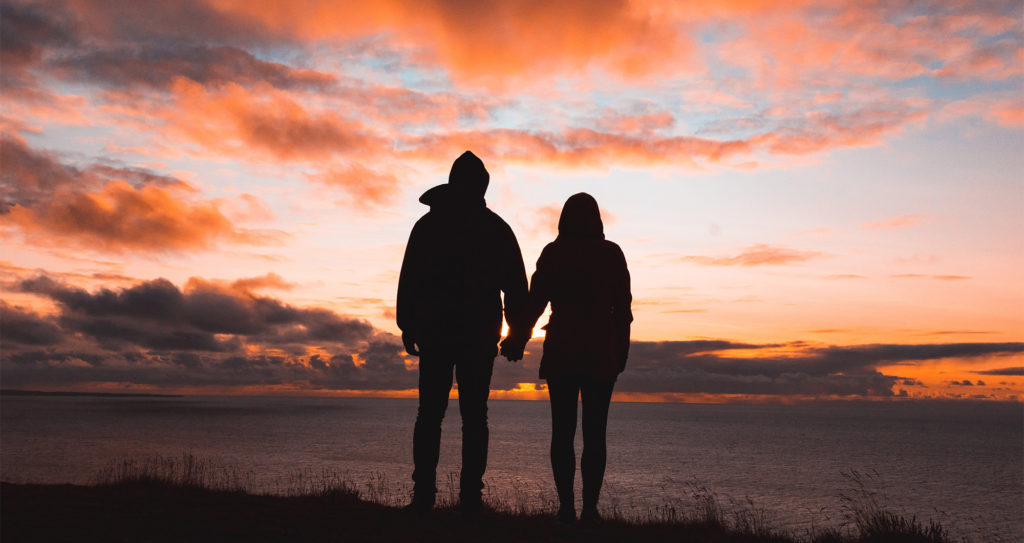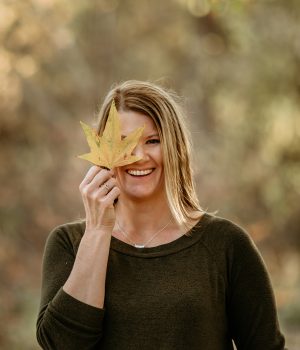
Last week, the focus of my writing was self-love and body acceptance. If you participated in that challenge, I hope you gained some awareness and learned some things about how you treat, and talk to, your body. It is an area of focus for me that I am continuously working on, and it is important to me to help you work on this too.
We’re shifting gears this week, but I’d still love to hear from you about anything that is coming up for you surrounding body love, body image, body neutrality… all that stuff. Please don’t hesitate. I’ll respond personally.
This week, I’ve been curious about relationships. In thinking about the things that I think make a relationship a rich one, I couldn’t help but keep coming back to many of Brene Brown’s teachings on Vulnerability, Courage, and Authenticity.
As humans, we are wired to crave belonging and connection. Research has actually shown that there are negative health implications in people that are very isolated as a way of life.
What does it mean to belong? In Braving the Wilderness by Brené Brown, she writes that “True belonging is the spiritual practice of believing in and belonging to yourself so deeply that you can share your most authentic self with the world and find sacredness in both being a part of something and standing alone in the wilderness. True belonging doesn’t require you to change who you are; it requires you to be who you are.”
So good, right?
I am someone who craves this sense of belonging in my relationships. Surface doesn’t do it for me. I want to know you. Not what you do or where you live, what kind of car you drive or how big your house is. I want to know who you ARE. I want to belong to a community of others who want to know me. I mean, why else do we need relationships in the first place? To belong and to be able to show up as our authentic selves. To connect.
I wanted to explore relationships and how authenticity, vulnerability, courage, integrity and self-acceptance factor into connection and belonging. If you’re a Brené Brown fan, you’re gonna love this, because I am going to quote her a LOT. ?
Authenticity:
The degree to which an individual’s actions are congruent with their beliefs and desires, despite external pressures. Showing your “real self”. Your life on the outside matches who you are on the inside. (Merriam-Webster)
Being authentic in a world filled with so much materialism is hard. In relationships, the connection is found when we can fully show up as who we are, without being ashamed of our stories, experiences, imperfections. This is where real connection happens. We connect through stories and experiences, and when we realize that we are all imperfect human beings with similar stories of struggle.. and victory, we feel like we are in this together.
We can show up for each other without having to hide anything. We can be our imperfect selves without a cloud of shame. We can ditch perfectionism. We can be fully seen by our partner, our friends, our coworkers.
There is no true connection without authenticity.
Courage:
In one of its earliest forms, courage meant “to speak one’s mind by telling all one’s heart”. (Brené Brown)
Today, we associate courage with being brave or heroic, but we often fail to see how one’s inner strength allows us to speak honestly and openly about ourselves and our experiences.
“Courage starts with showing up and letting our authentic selves be SEEN… and true belonging only happens when we present our authentic, imperfect selves to the world”. (Brené Brown, The Gifts of Imperfection)
We touched on authenticity already, but it takes a great deal of courage to let our authentic selves be seen. Our relationships can’t be true if we can’t muster this courage. It can be scary to let the world see what we see as our imperfections, but honestly, in my experience, everyone has their own shit, and when you have the courage to share yours, you learn the truth – that you are not alone in it. That’s a much better feeling, because we feel like we belong… we’re all in this together.
Courage is a catalyst for some pretty amazing life stuff. Especially with relationships. It levels the playing field. You can start to feel like you’re in a safe space.
Self-Acceptance:
The awareness of one’s strengths and weaknesses, the realistic (yet subjective) appraisal of one’s talents, capabilities, and general worth, and, feelings of satisfaction with one’s self despite deficiencies and regardless of past behaviors and choices. (Merriam Webster)
“Our sense of belonging can never be greater than our level of self-acceptance.” (Brené Brown)
If you don’t like yourself very much, you’re probably going to shape-shift your life away to fit in. You’ll end up in relationships that aren’t right for you because you’ve tried to be someone different to make it work.
You won’t be able to belong, because you’re trying to belong with the wrong people. Even if you’re with the right person/people, you’re never going to truly belong because you haven’t learned to accept your true self – step into your authenticity. It starts with courage to work on the self-acceptance piece (ahem.. coaching!), which leads to the courage to show up and be seen as YOU.
Vulnerability:
In Brené Brown’s book, Daring Greatly, vulnerability is defined as “uncertainty, risk and emotional exposure”. Brené says that “ Vulnerability is the birthplace of love, belonging, joy courage, empathy, and creativity. It is the source of hope, empathy, accountability and authenticity.”
Vulnerability is where a lot of relationships have trouble. And again, not only romantic relationships. This is where people have a hard time asking for what they want or need. This is where people use passive-aggressive tactics because they are afraid to show how they are really feeling.
Vulnerability is not a weakness. “Vulnerability sounds like truth and feels like courage. Truth and courage aren’t always comfortable, but they are never a weakness. Vulnerability is our greatest measure of courage. People that wade into discomfort and vulnerability and tell the truth about their stories are the real badasses.” (Brené Brown)
In romantic relationships, vulnerability is where it’s at. It takes courage to own your story (self-acceptance). It takes courage to tell your truth (authenticity), and showing up as your authentic, imperfect self can be scary (vulnerability). But when two people do this, they connect. It’s like saying, “hey, I am just an average person.. here is me, with all my flaws, and I see you too. You’re imperfect just like me. I feel at home because we’re equals”. How awesome is that, to just be able to be who you are…without judgment.
SUCH good stuff.
Integrity:
…Is choosing courage over comfort; it’s choosing what’s right over what’s fun, fast or easy. And choosing to practice our values rather than simply professing them.
I’m addressing integrity last because I feel it ties all of these together. In relationships, integrity seems to be the glue that binds everything. You can always ask yourself.. “am I being in integrity with myself” to guide you. Asking yourself if you’re in integrity with your values lights the path to how you do connect with others in your relationships. Will you show up as your authentic self? Or will you try to impress?
Sometimes staying in integrity is hard, especially if you aren’t comfortable with your authentic self (self-acceptance). It takes courage to be a little uncomfortable and move forward with those steps that will further your relationships.
Final Thoughts:
Connection in relationships is a two-way street. Connection doesn’t exist without giving and receiving. It’s great to give, but it’s also ok to need. Sometimes it feels selfish to need something from a relationship. And sometimes your needs won’t be met from a relationship you’re in. When we have the courage to show up authentically and get a little uncomfortable in vulnerability, we can act in integrity and ask for what we need or give what we’ve got.
How do courage, vulnerability, authenticity, self-acceptance and integrity play a role in your relationships? I’d love to hear from you! Hit me up in the comments below, on social media or via email. I’ll respond personally to any comment or email – I love these conversations!


